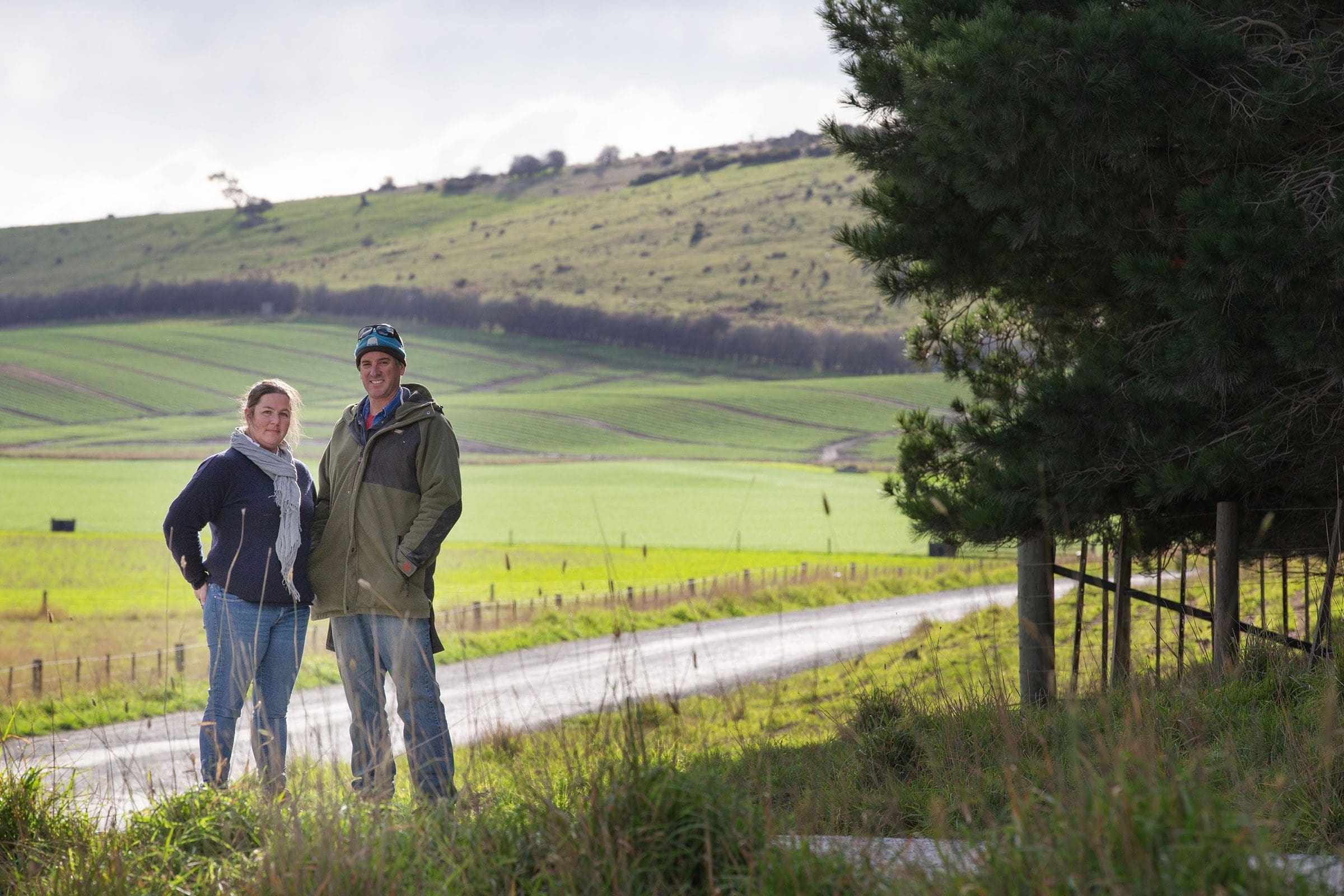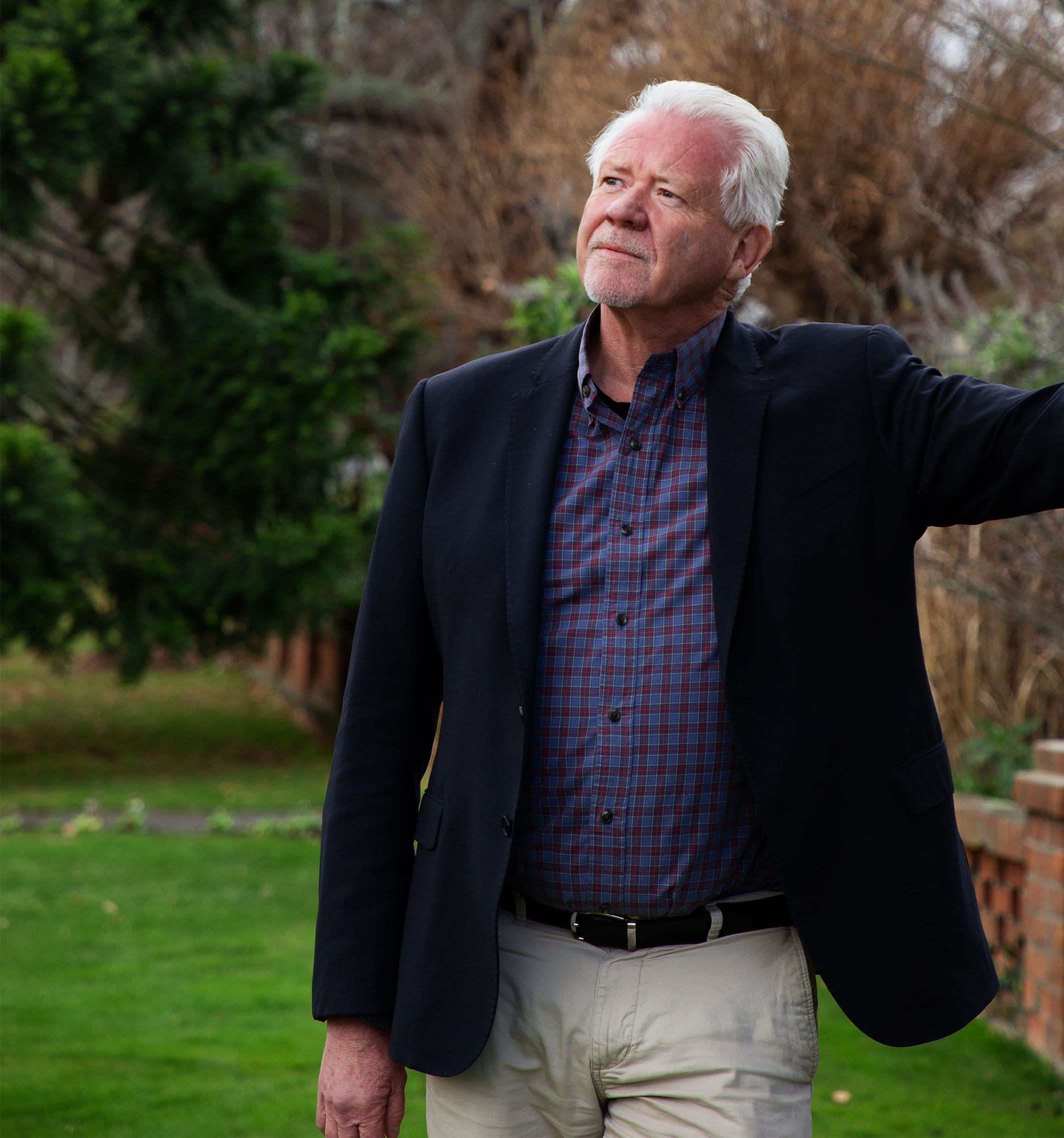
We caught up with David Brand, CEO of New Forests, ahead of the launch of ActivAcre to discuss his background and the values that New Forests and ActivAcre were built on. Read on to hear from David, in his own words, about being the black sheep in his family of bankers, launching New Forests in his late 40s, why the world needs forestry, and what he’s learned about success.
Can you tell me about yourself? Who is David Brand?
I’m a Forester. I grew up in Toronto and was kind of the black sheep of the family. All my family were bankers and I decided to go into forestry. I spent a lot of my time out camping, canoeing and in the bush and so I thought forestry looked like a fun thing to do. I completed my forestry degree at The University of Toronto but when I finished that I decided Northern Ontario was not really where I wanted to live, so I went out to British Columbia and I worked in BC, which is really the centre of the forestry sector. I was pretty much at the bottom of the totem pole in the industry – I worked in the bush, looking after regeneration, thinning and silviculture.
In 1982, I got laid off, it was a recession, and decided to go back to school and work on a master’s degree in silviculture. I was always environmentally conscious, which is why I gravitated more towards silviculture and regrowing the forest. I ended up almost by accident doing a PhD because I’d gone in for a master’s and tried to do all the coursework at once and ended up with pretty good marks, so they allowed me to transition into a PhD. In less than three years, I gained a PhD in what was called ecophysiology.
What was your unique area of research for your PhD or the problem you were trying to solve?
In my PhD, I looked at how different areas that had been harvested for timber recovered so that I could set a standard for when those forests were successfully regrowing. That is a bill that they still use in BC to this day.
Then I became a scientist working on the regeneration of forests in Canada – working on carbon budgets in forestry and how acid rain affected forests. I became the Director of a research program and then they moved me to Ottawa to start working on international negotiations around sustainable forestry trading and environmental issues. I ended up as the Director-General of Science and Sustainable Development. I was in my thirties and managing 800 researchers, which was kind of weird. I was approached to do an inter-governmental exchange to come to Australia, and I thought that would be fun. My kids were 9 and 10 years old and after a year in Australia, they said, can we stay, please? So we did.
I worked for the New South Wales State Forest, and I worked on the first forest carbon offset trade in 1997 after the Kyoto Protocol. We wrote the world’s first carbon rights legislation; we raised a $140 million carbon offset investment from Tokyo Electric Power Company in the late nineties. These are all world-first initiatives. I was then approached by Hancock to come into the private sector. I’m a guy who’s never taken a business course in his life, but I went in and worked there for five years. I’m quantitative, so I could figure out, all the financial stuff, discounted cash flows and so on.
It’s in your blood by the sounds of things, with a family of bankers…
Yes, that’s right. My dad’s probably happy now! I spent five years with Hancock and then I decided what I really wanted to do was to have a business of my own. In 2005, I started New Forests. Our idea was that forests and forestry could be contributing to society more than just by producing timber – we could be part of the solution to climate change. We could be creating diversified rural economies. We could have a sustainability-led approach to forestry investment.
We wanted to do things differently from the existing businesses investing in forestry. We’ve been on that journey for 17 years and we’re now the second-largest forestry investor in the world. We built it brick by brick. We started out with just one forestry asset down in the green triangle, and now we’re managing 1.2 million hectares across six countries.
It’s quite inspirational. When you made that decision to found New Forests, was there a need in the world or an opportunity that you saw? Was there a particular gap that you thought this business could fill that wasn’t being filled?
I felt that I had a completely different perspective on forestry. I don’t think that forestry is just about the timber. I certainly think timber is very important in society. It’s a sustainable, renewable building material, but I also think about how forests contribute to conservation and how they contribute to climate change mitigation, how they regulate fresh water, and how they can create landscapes that have a balance of conservation and production. We think more holistically about what a forestry investment can deliver. A lot of our investments are interfacing with carbon markets where we can do the modelling to figure out what’s the right economic approach to optimise the returns.
We think about how land-use change might occur over time to try to help contribute to addressing climate change. The aspiration is that land use could be up to one-quarter of the overall solution to getting to net-zero over the next 20 or 30 years. We’re working on how we can put forests back in the landscape and do that in partnership with rural landowners so that it’s a win-win.
What sort of unique capability does New Forests have that sets it apart from other organisations to deliver on that?
We have all the conventional skills, we can grow trees, harvest them and produce timber. But on top of that, we have sophisticated modelling tools where we can look at different options. It’s allowed us to be a lot more sophisticated and generate higher returns than our competitors. So, we are not only sustainable, but we actually deliver great returns. Sometimes people don’t think that those two things go together, but they can. It’s just a way of thinking.
We integrate that thinking into our investment program. It’s not just about buying existing plantations but rather how we can partner in the landscape to help recover areas, to make less productive parts of farms generate a solid return.
How does ActivAcre fit into that whole overall scheme? What prompted the creation of this project specifically?
In the past when there were managed investment schemes, everybody said we’ll buy all those farms out and we’ll plant them up wall to wall with trees. A better approach is to say, let’s look at that whole landscape and see if we can partner with the farming community and give them some of the upsides. The idea here is that we can come in and sit down at the kitchen table and look at your farm. You might have 40 hectares that aren’t particularly productive. We can plant trees and give you a steady income from that part of the property. Then as the trees grow up, the cattle can go in under them, giving them windbreaks and shade. The idea here is to try to figure out a way we can be supportive partners, not just come in and buy properties.
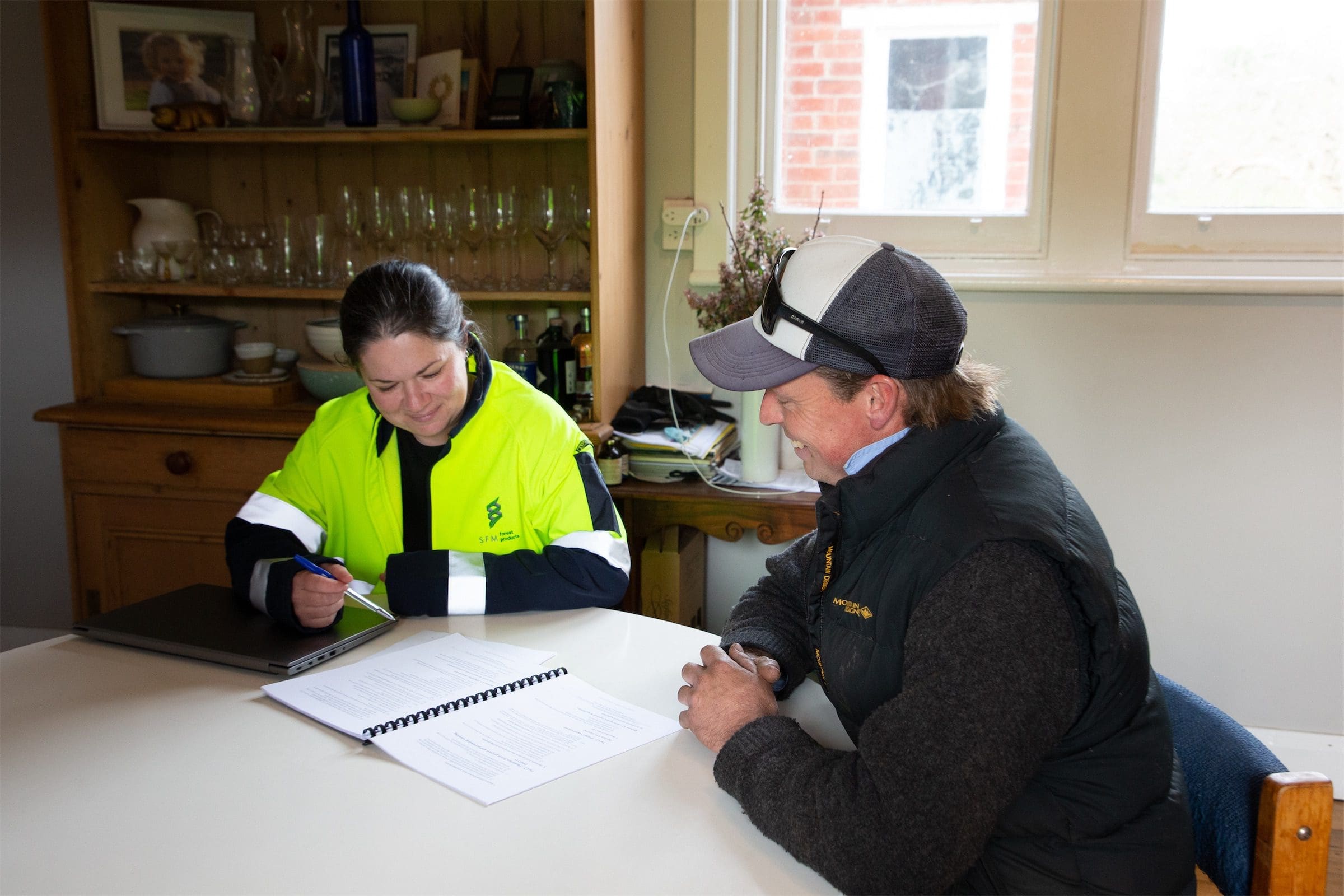
There are always things that can go wrong with trees, like bushfires for example. What happens in that case where there is potential to lose the investment?
We manage those risks. We’re diversified across say one hundred farms and if there is a fire, we have the insurance to be able to go in and salvage that. We might have one small fire, but it’s not going to break the bank.
Is there a set of values that New Forests lives by? It seems that looking after the local communities where you operate has been a part of the success of your organisation.
We never pay late. We pay on time. We moved from one-year contracts to five-year contracts. Once you have a five-year contract, suddenly, your business is a lot more stable. It’s just one of those simple things, but being really reliable, creating confidence, and reinvesting capital. Then maybe your kids are going to stay in the business instead of moving, and when the kids stay you foster a better community. Those are the roles we can play. If we make money, everybody else makes money. We are all boats rising on the same tide.
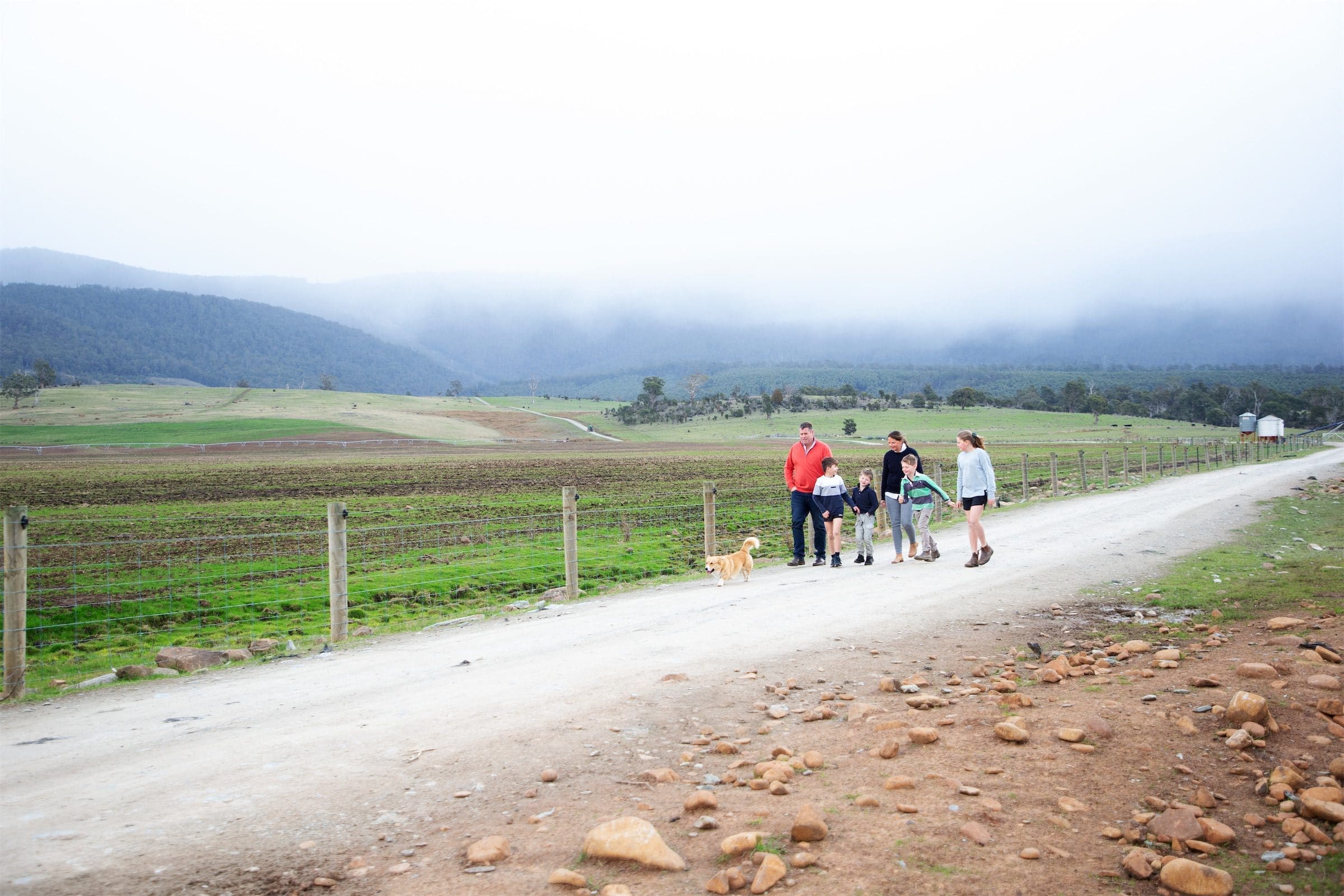
ActivAcre Marks One Million Trees Planted

Clear your gorse with new technology.
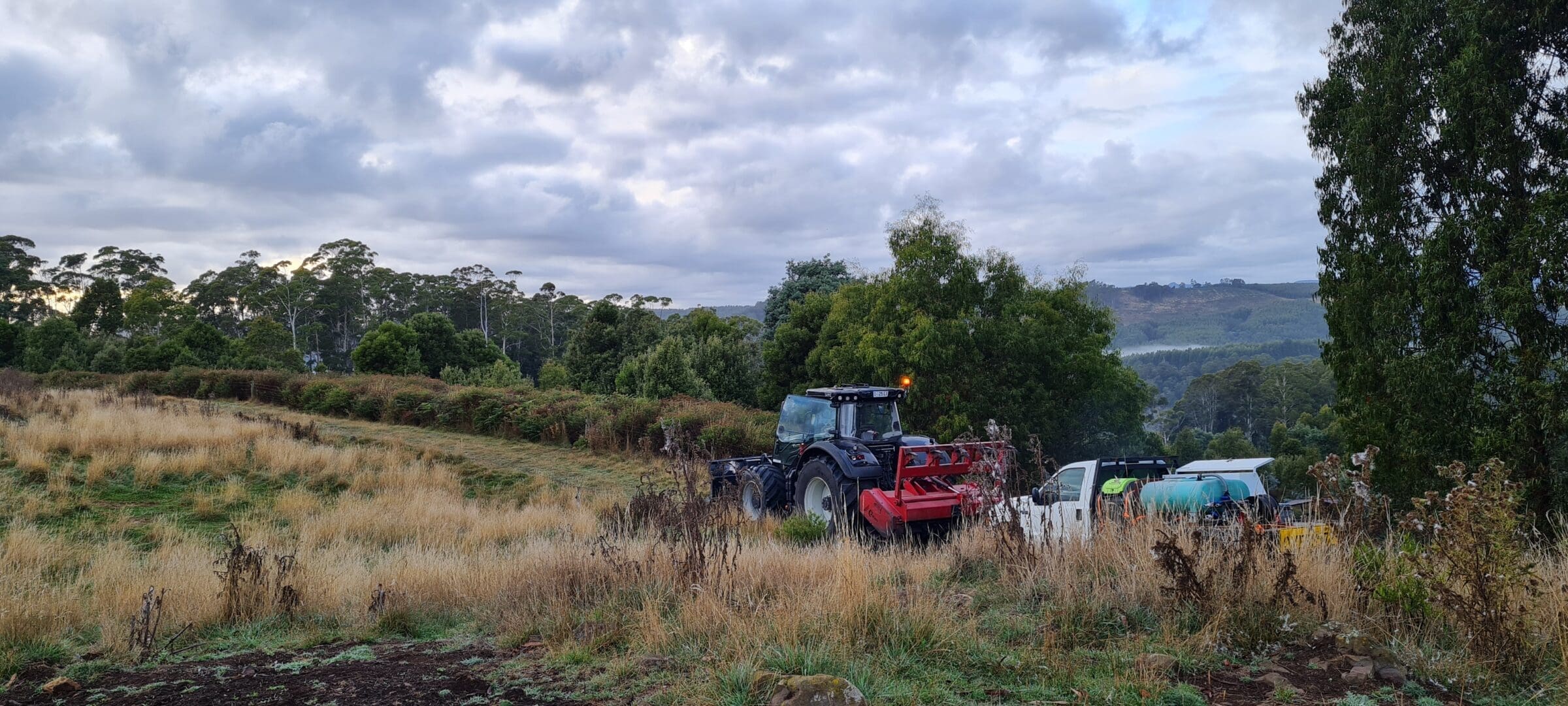
SFM leading the way in employment diversity
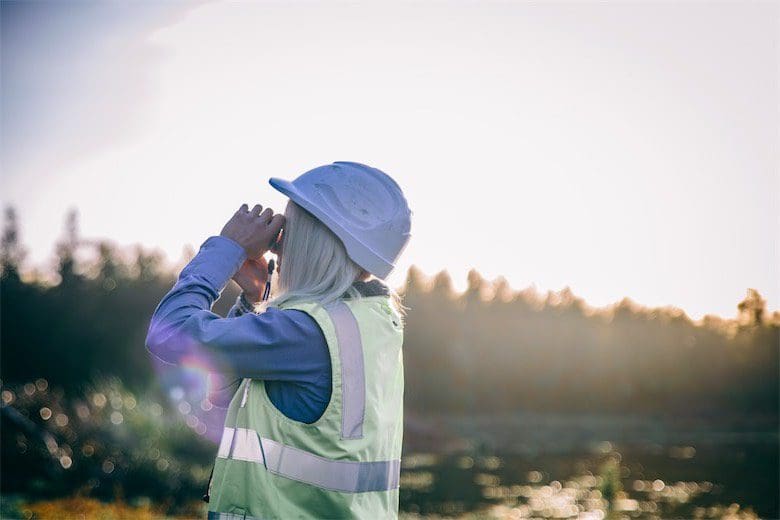
ActivAcre in Action – A Farmer’s Journey
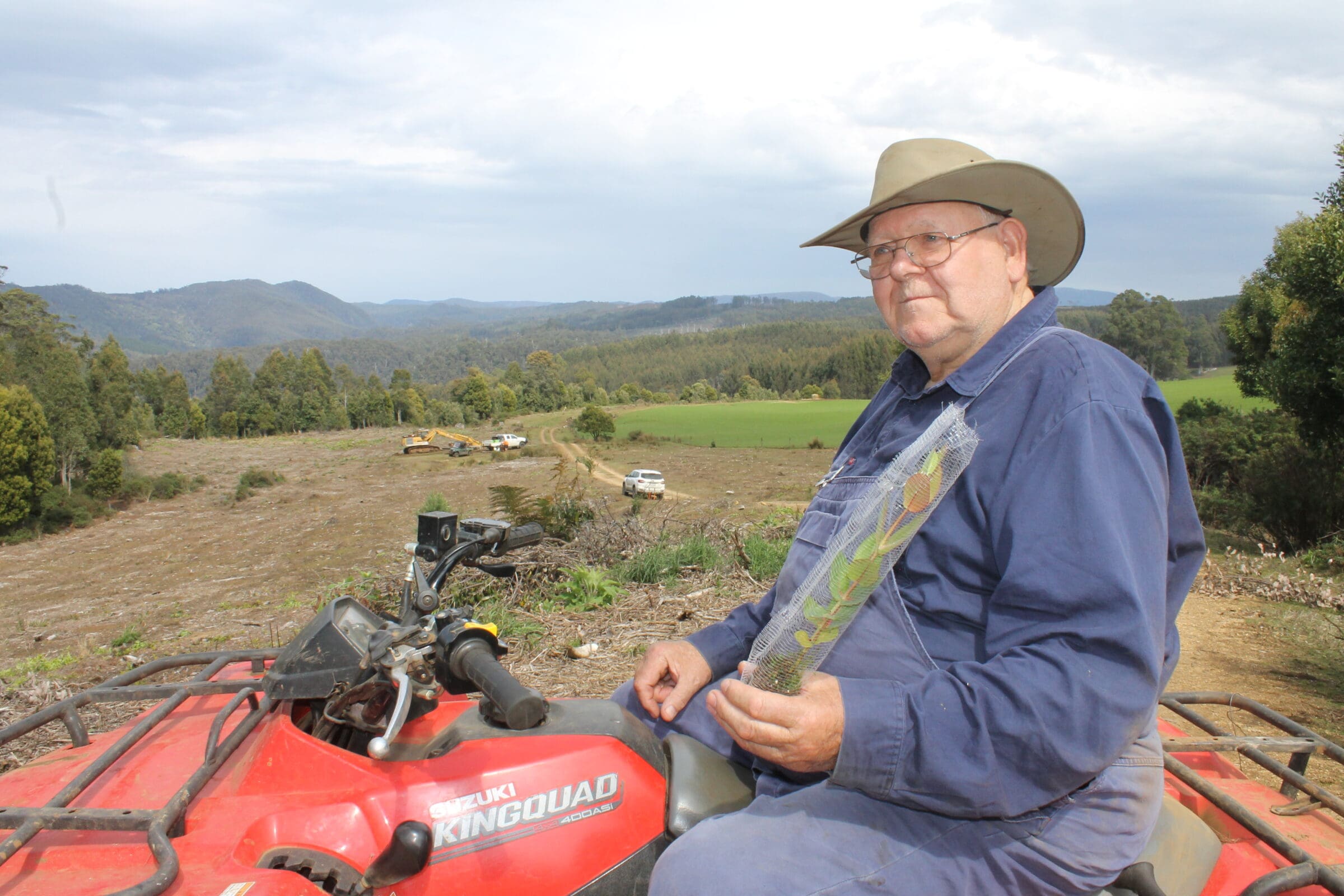
Access to Carbon Forestry Projects for southern Tasmanian landowners
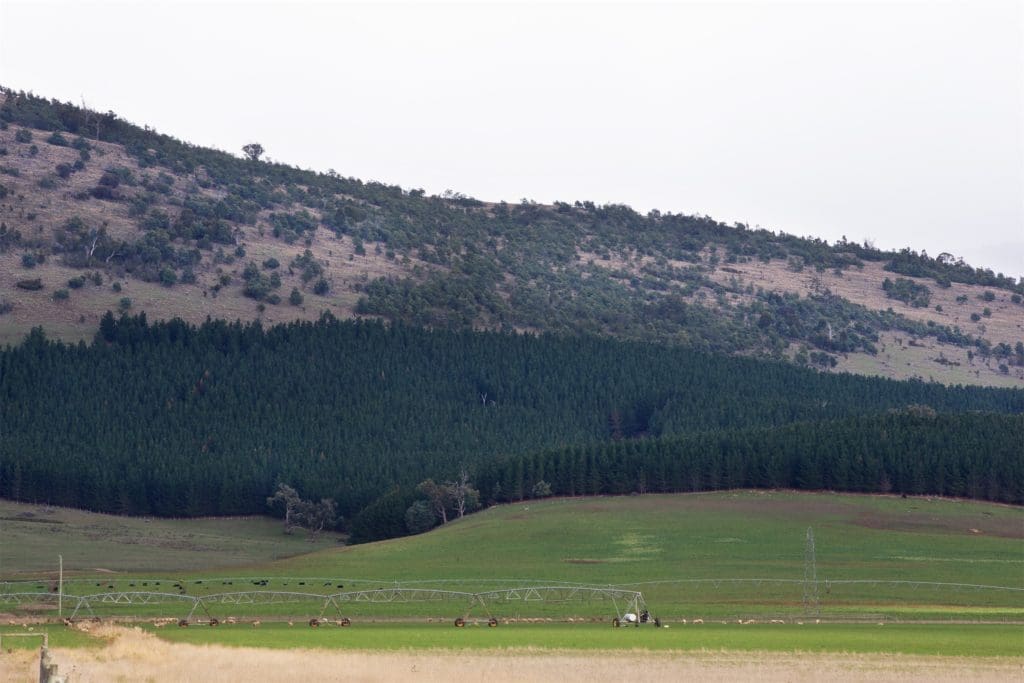
How on-farm benefits, carbon markets and growing demand for timber have tipped the scales in favour of trees.
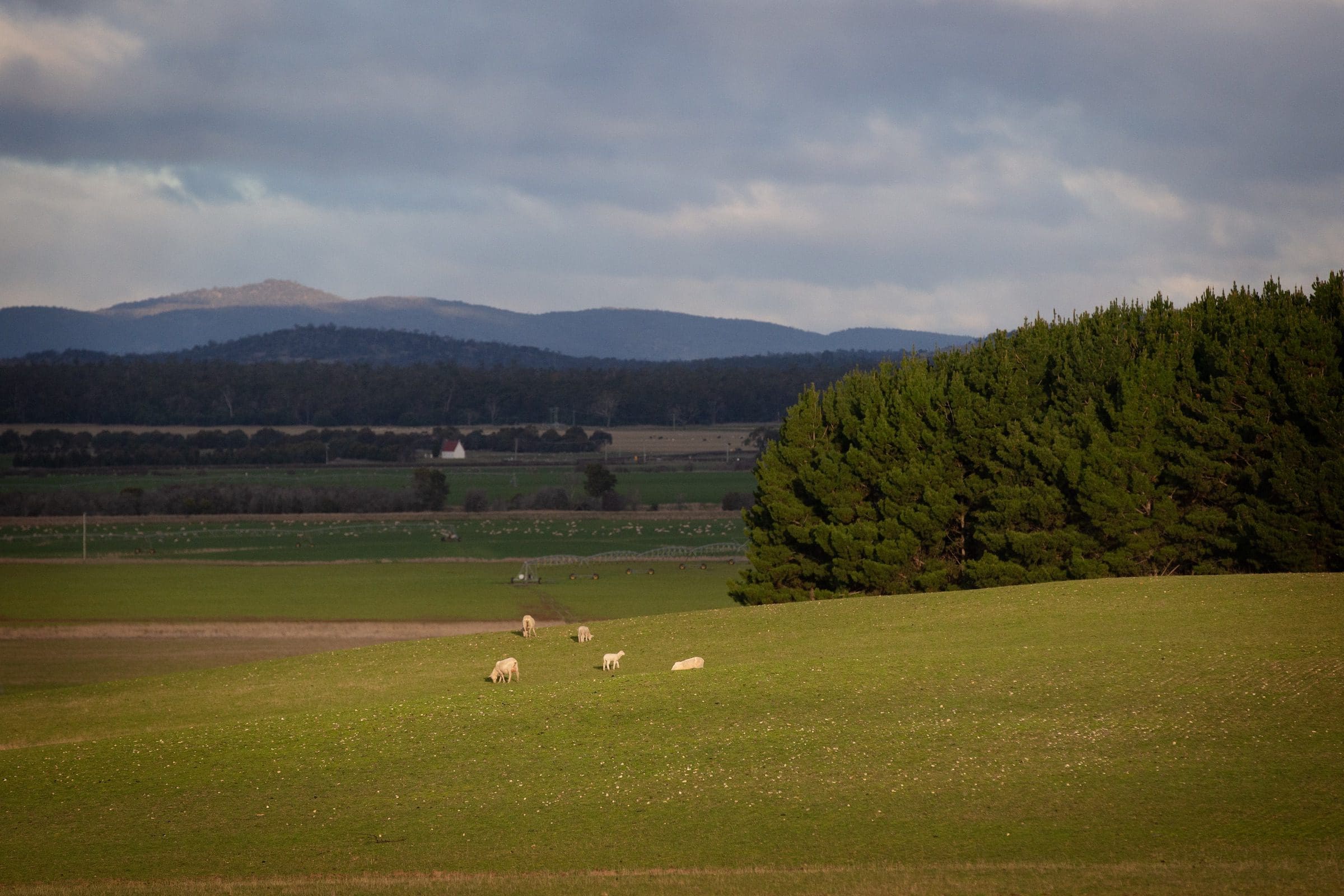
ActivAcre is an active partnership between industry and farmers
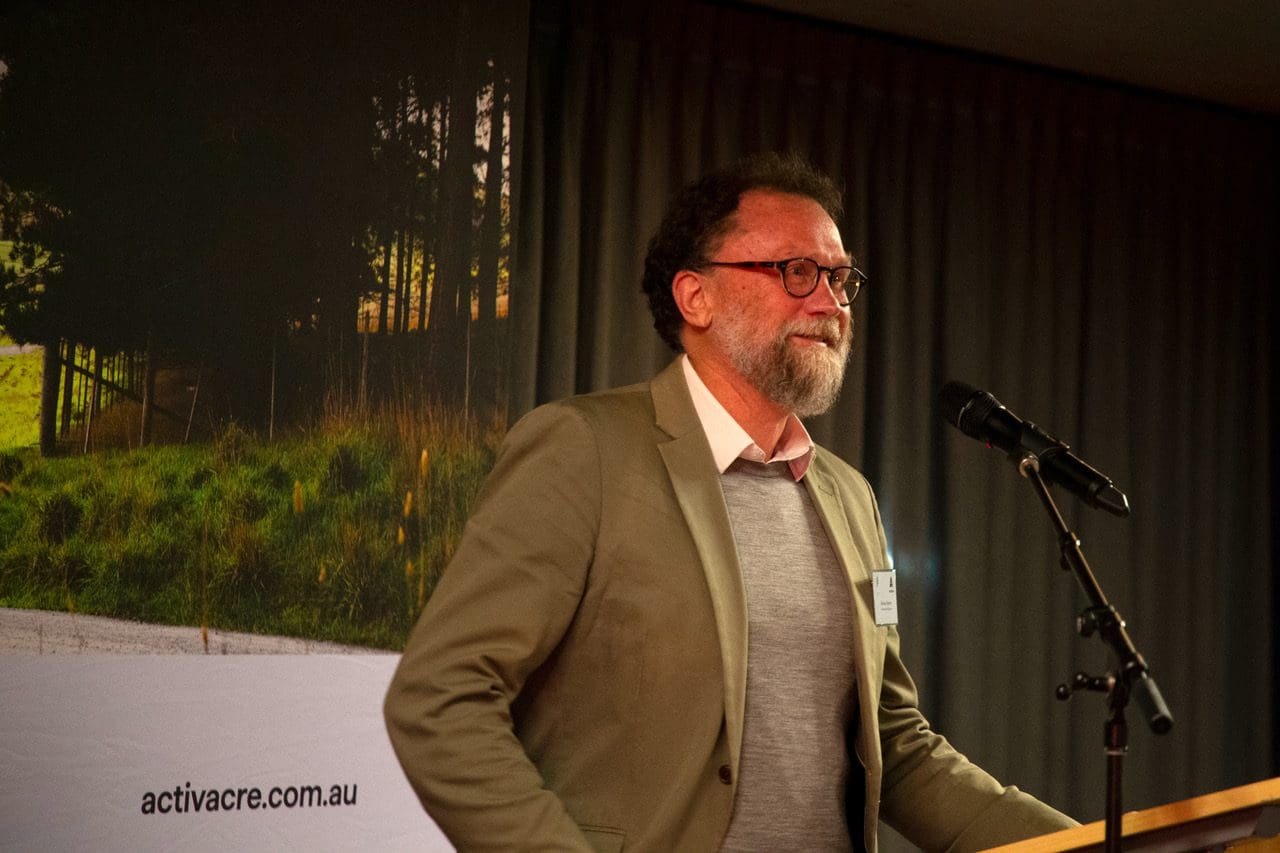
ActivAcre Program heralds a new era in Tasmanian agroforestry
